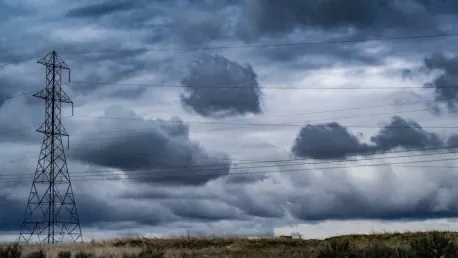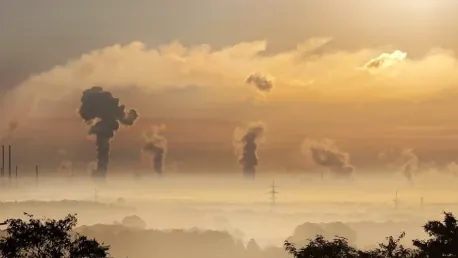
As environmental sustainability gains prominence worldwide, the migration away from traditional extraction methods towards Direct Lithium Extraction (DLE) is seen as a pivotal move across a variety of sectors, particularly mining and energy. This transformation is driven by the increasing demand

In the fight against climate change, innovative technologies and solutions are emerging that offer new ways to reduce the carbon footprint of human activities. One such groundbreaking effort is led by UT alumnus Coleman White and his team at the Texas-based startup Verified Carbon. They have

China’s ambitious construction of three massive hydropower dams on the upper reaches of the Machu (Yellow River) in Tibet has raised significant scientific concerns about potential geological disasters and severe environmental consequences. This development occurs in a region already facing the

In an ambitious bid to champion environmental sustainability within Hong Kong, Zurich Insurance Hong Kong has joined forces with Negawatt Utility Limited and Cornerstone Technologies. This collaboration marks a strategic effort to foster a community-driven green ecosystem that promotes eco-friendly

Dale Vince, founder of Ecotricity, has embarked on an ambitious renewable energy initiative aimed at transforming Gloucestershire into a region powered entirely by green electricity. This plan is set to involve the installation of 100 wind turbines, following the UK government's decision to lift

Urban planning is increasingly focusing on sustainability, driven by economic pressures and environmental concerns. Local councils are often tasked with balancing these intricate priorities while managing tight budgets, which necessitates innovative and cost-effective solutions. One promising